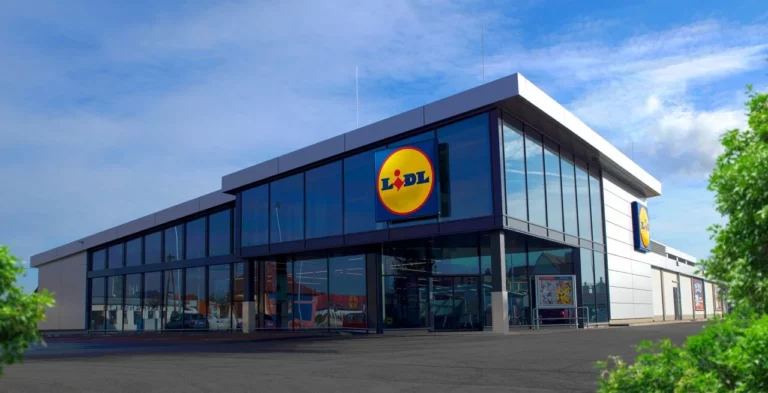trade
Oppisition DK calls for zero pc VAT for basic foods

Passenger transport up and freight down in the Q1 in Hungary

KSH: Hungary trade balance shows EUR 475 m deficit in April – UPDATE

Last week in business and finance in Hungary

Despite restrictions, Hungarian grain continues to go abroad

Is Orbán right? Has the Croatian seashore or part of it ever belonged to Hungary?

Staple food shortages in Hungarian Lidl supermarkets?

Hungarian companies with innovative technologies to find new opportunities in Morocco, says minister
Trade between Hungary and Morocco jumped by 24 percent in the past year, and the growing economy of the region...
Annual inflation in Hungary almost in double digits in April

Hungary and Uzbekistan launch cooperation programmes in nuclear energy, water management, agriculture

Hungary March retail sales up 16.2 pc yr/yr

Hungary trade balance shows EUR 117 m deficit in Feb

Hungary’s seasonally-adjusted PMI climbs to 58.9 in April

Hungary, Turkey set up joint economic and trade committee

Good deal for the Hungarian government: petrol tourism has boosted vehicle fuel sales

Inflation in Hungary is dramatic!

Government to increase Hungarian ownership in retail chains above 50% by 2026?

Latest data about the Hungarian economy’s performance released





 ZH
ZH IT
IT DE
DE HR
HR NL
NL FR
FR JA
JA RO
RO RU
RU ES
ES TR
TR
